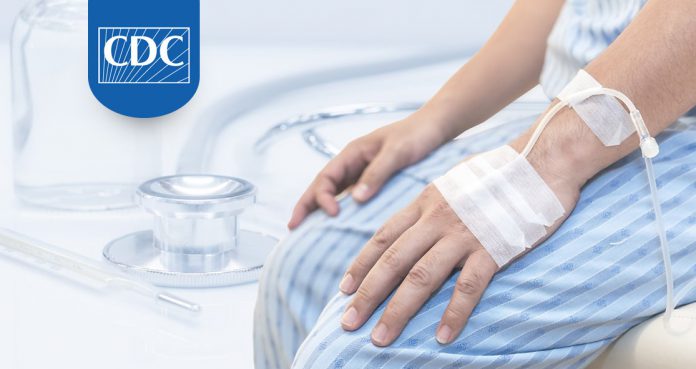Cancer can affect not only your body but also your bank account!
According to the Centers for Disease Control and Prevention’s (CDC) Morbidity and Mortality Weekly Report published Thursday, about one-fourth of cancer survivors in the United States reported that they have faced problems paying medical bills and about one-third reported that they are concerned with medical costs.
The CDC report found that cancer survivors have to pay significantly higher annual out-of-pocket costs when compared with people who never had cancer.
The first author of the report and a senior health economist at the CDC in Atlanta Donatus Ekwueme said, “The population of cancer survivors is growing and many struggle to pay for costs of medical care. As a result, some survivors are worried about paying and have problems paying for medical care, and some are even forced to file for bankruptcy.”
In the United States, there are nearly 16.9 million cancer survivors.
The investigators of the report wrote, “The number of Americans with a history of cancer is projected to increase in the next decade, and the economic burden associated with living with a cancer diagnosis will likely increase as well.”
The researchers at the CDC, American Cancer Society, and the National Cancer Institute looked at the data on the annual out-of-pocket spending and financial hardships faced by cancer survivors between ages 18 and 64 in the United States from 2011 to 2016.
They found that the average annual out-of-pocket expenditure was approximately $1,000 for cancer survivors when compared with $622 for people without cancer.
The report also found that among cancer survivors, over 25% reported that they had material hardship due to cancer, which includes borrowing money, going into debt, or filing for bankruptcy to cover treatment costs and others. In addition, the report found that over 34% reported psychological financial hardship, which is measured as worrying about medical bills.
Dr. Rachel Adams Greenup, a breast cancer surgeon and a researcher at Duke University School of Medicine in Durham, North Carolina, said, “Getting someone through their active cancer treatment doesn’t free them from treatment-related financial hardship. It seems to be this gift that keeps on giving.” She was not part of the report.
Dr. Greeup said, “One way to help avoid future financial hardships for cancer patients is to discuss those costs prior to starting treatment.”
In fact, in 2009, the American Society of Clinical Oncology even released guidance that pointed out how physicians play a crucial role in addressing and discussing the out-of-pocket expenditures of cancer care with their patients.
“The data is slowly accumulating that cost discussions are actually probably really beneficial,” said Dr. Greenup.
Dr. Ryan Nipp, a gastrointestinal oncologist and a researcher at Massachusetts General Hospital in Boston, who was not involved in the report, said, “Efforts to address the financial burden that cancer patients experience are urgently needed. He added, “The financial burden associated with cancer has been shown to correlate with poor quality of life, high symptom burden, and even survival.”





















